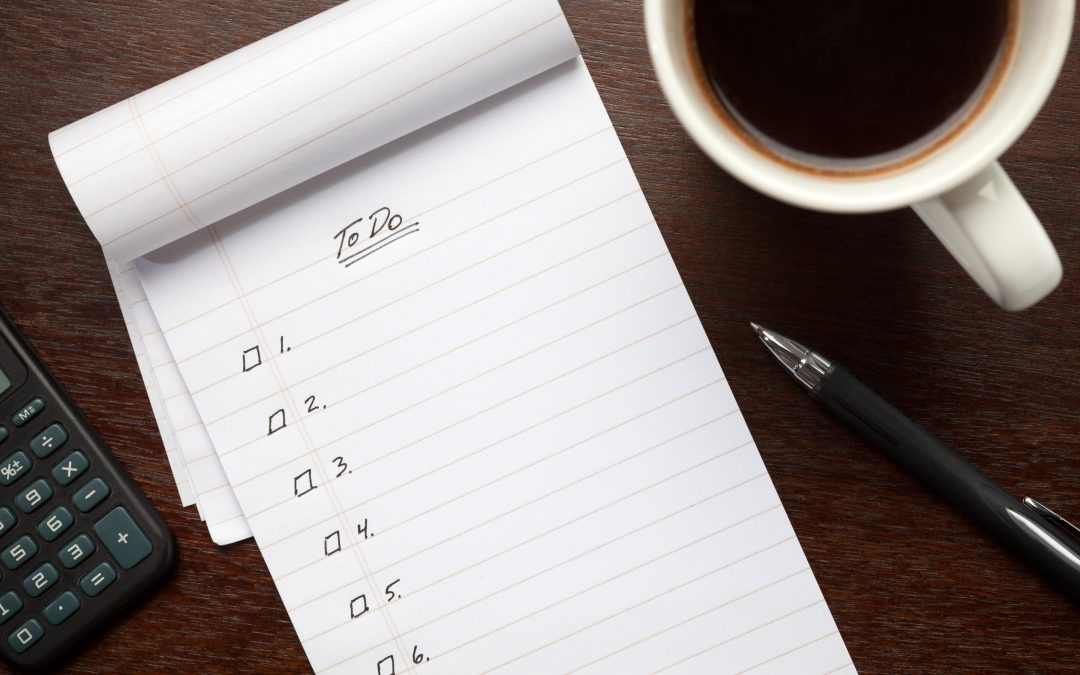Is your to-do list doing more harm than good?
There’s nothing more satisfying that ticking off all those tasks on our lengthy to-do list, but are we causing more harm than good? Oliver Burkeman investigates

3 minute read
You may be familiar with the little jolt of pleasure that comes from crossing an item off your to-do list – and I know I’m not the only one who goes so far as to add things after they’ve been done, simply for the joy of marking them complete. A harmless eccentricity, I hope, but it points to a real issue: in the modern working world, we act like there’s something inherently good about ‘getting things done’, no matter what they are. If we work late and come home exhausted, we assume that it was a productive day; meanwhile, we judge anyone who works for three hours, then bunks off, as a slacker. But this means we’re constantly at risk of filling our days with our least important tasks, or even totally pointless ‘busywork’ – all for that virtuous feeling of getting things out of the way.
It’s a well-known psychological quirk. The behavioural economist Dan Ariely tells of meeting a locksmith who received lower tips as he got better at his job, because it took him less time to open a car door or change a house lock. People felt he didn’t deserve extra money for such fast work – even though fast work is precisely what you want from a locksmith. We make the same mistake with ourselves, partly because we hate the feeling of loose ends – unanswered emails, uncompleted errands, unfiled papers – and tying them up helps us feel in control. However, there will always be more to do. So, the really valuable skill isn’t ‘clearing the decks’, but learning to do what matters most, while tolerating the uncomfortable feeling of leaving other things undone – then resting so you’re energised for more work tomorrow.
Of course, you’re probably not in a position to leave the office for the day at lunchtime (although don’t assume your employer wouldn’t be open to more flexible hours). Instead, follow the advice of the neuroscientist Josh Davis: forget trying to work hard all day, and focus instead on ring-fencing a small number of hours – he suggests two – when you’ve got the most energy. Avoid meetings and calls during this time, if you’re able, and make sure you spend it on your most important tasks. Save lesser tasks for lower-energy times. Though, frankly, even if you spent the rest of the day scrolling through Facebook, there’s every chance you’ll be more productive as a result.
The point here is that many of us derive our sense of self-worth from our work, and we subconsciously feel that if we’re not churning stuff out, we can’t justify our existence. The truth is that your existence is already justified, simply because you exist. If you can spend your life doing useful work too, so much the better – but it’s unlikely anyone’s gravestone will boast that they died with an empty inbox.
Oliver Burkeman is author of ‘The Antidote: Happiness For People Who Can’t Stand Positive Thinking’ (Canongate, £8.99)
Image: Getty









